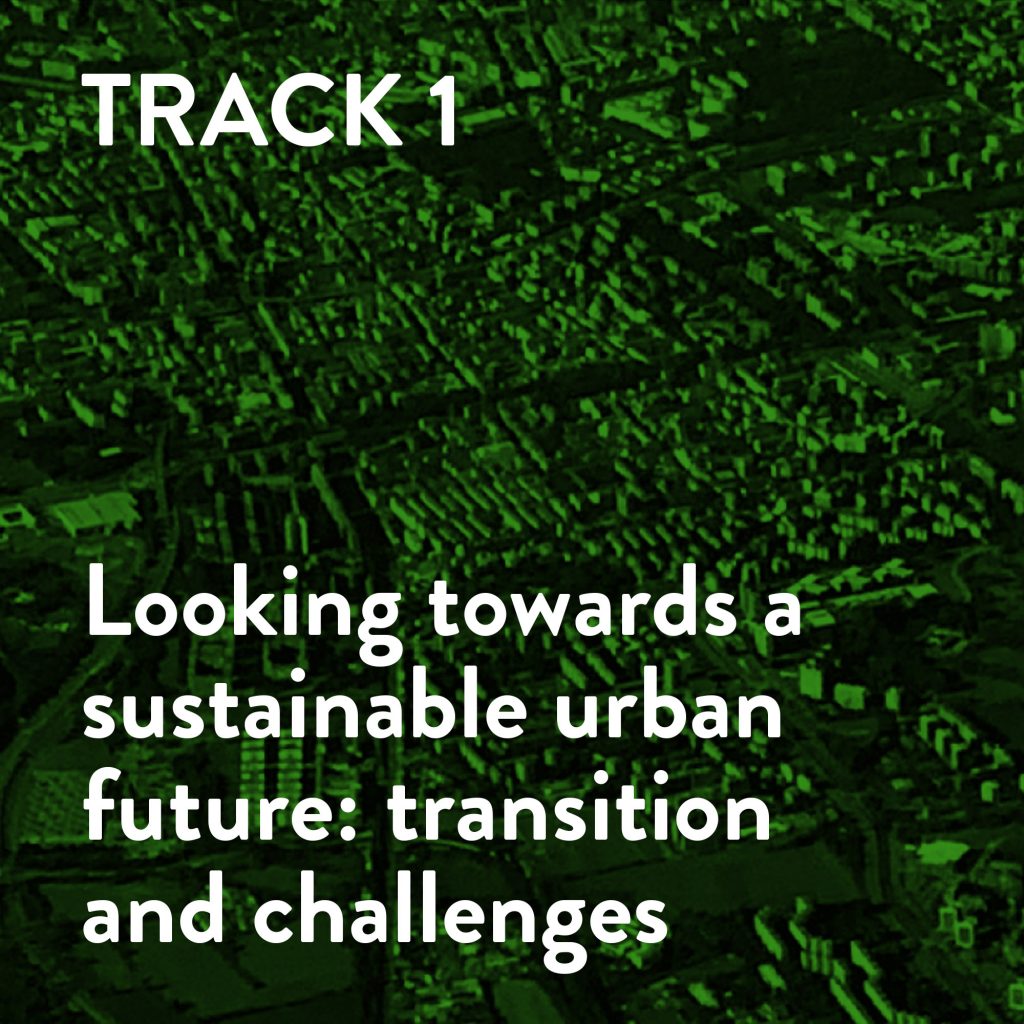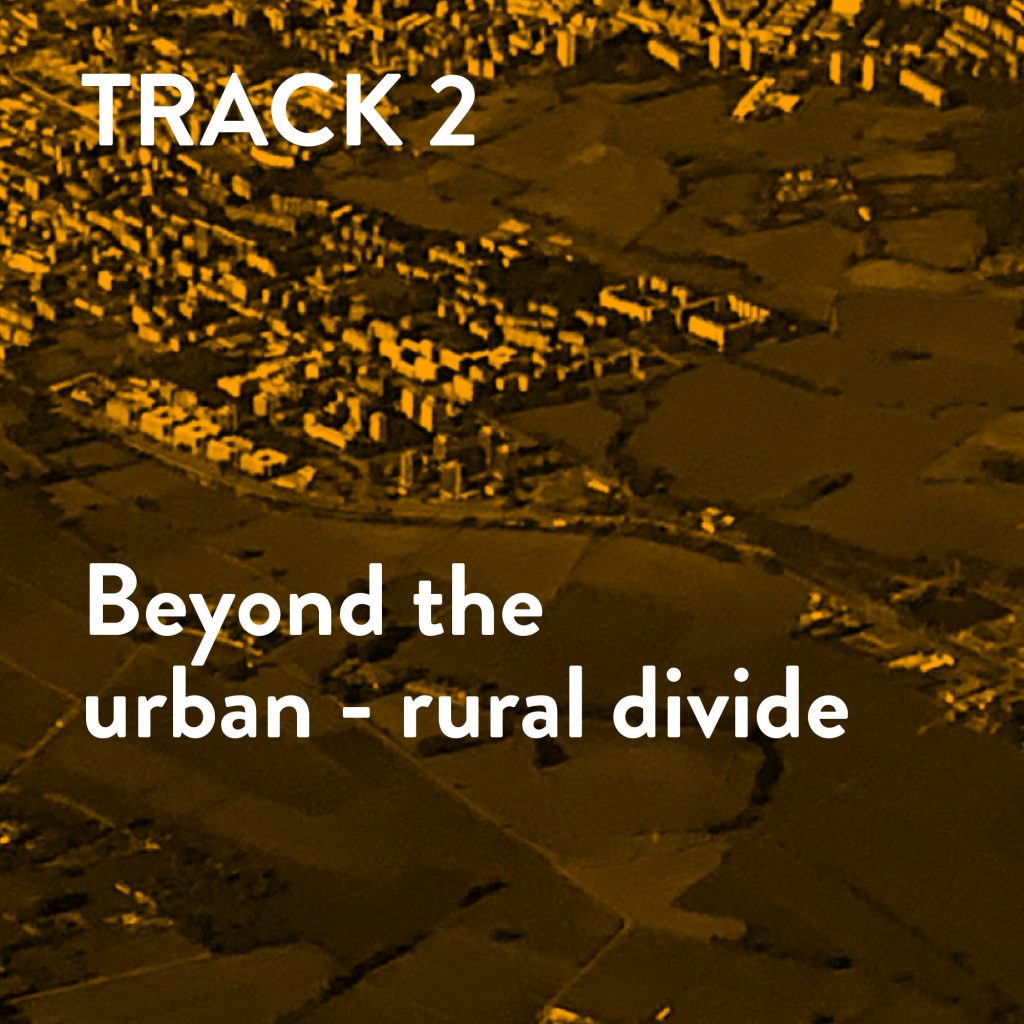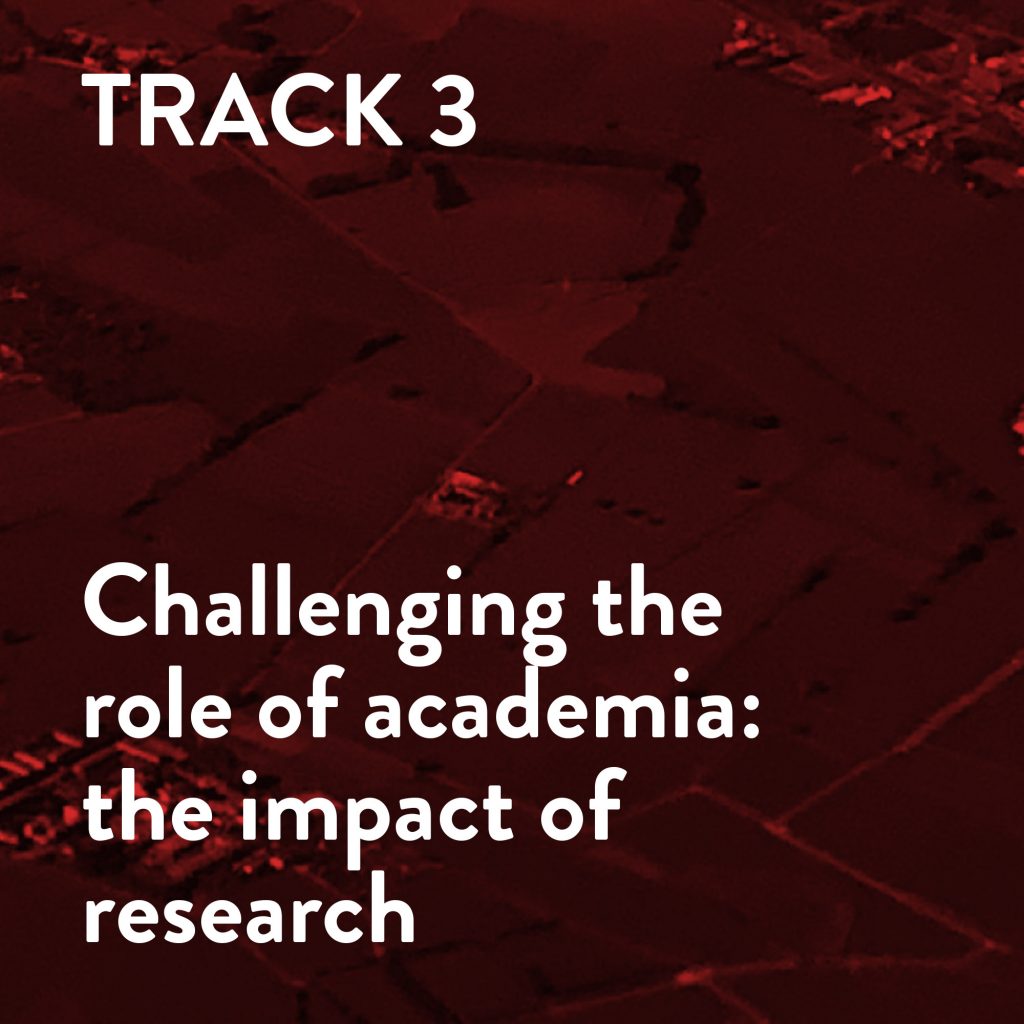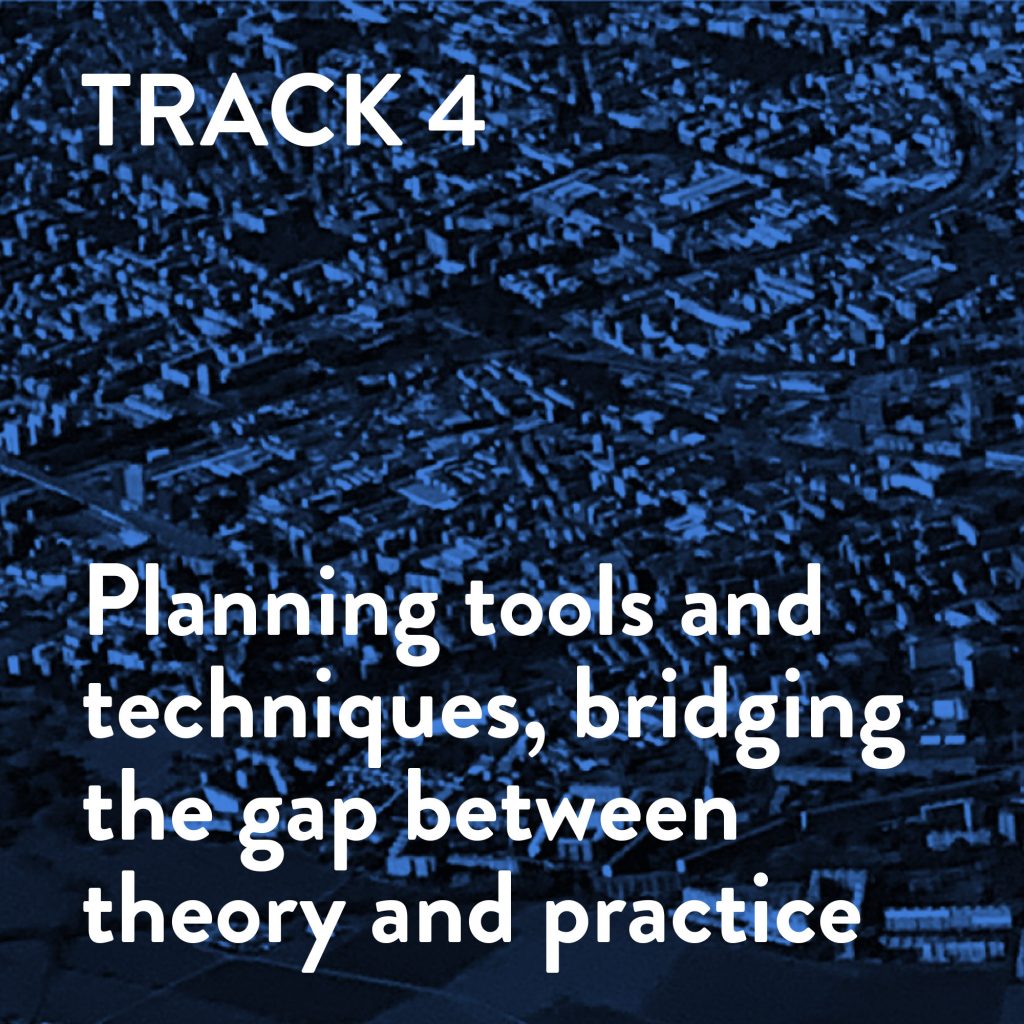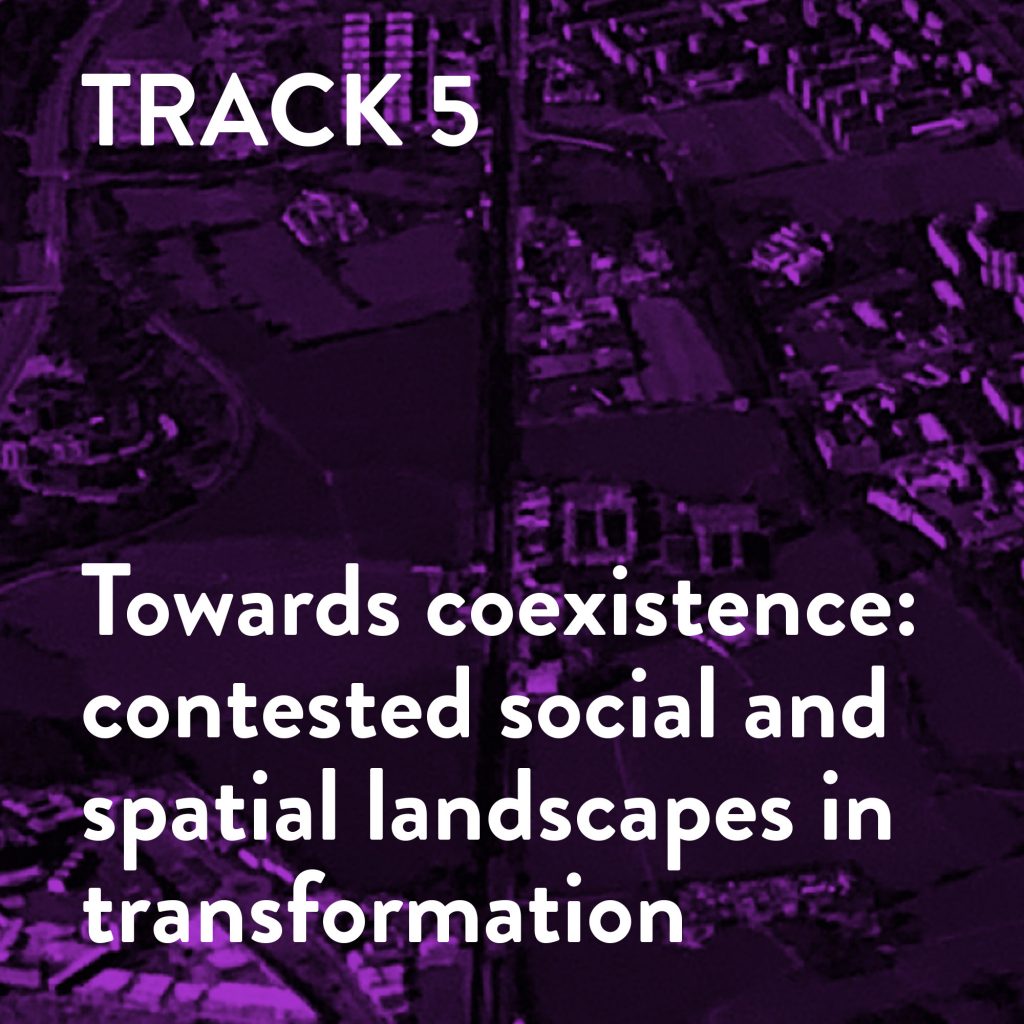Programme
Roundtables
Roundtable A
Sustainable urban-rural transitions
Track 1 + Track 2
Wednesday 20 March 2024 ● 16:00-17:00 ● Aula Rogers / B11
This roundtable aims to stimulate a debate on various topics pertaining to sustainable transition within urban, rural, and hybrid settings. Engaging in critical discussions, it seeks to explore emerging theoretical perspectives within the debate on ecology, ecosystem services, matters of inclusion and rights, and the examination of processes of marginalization, among other topics. Furthermore, it aims to examine the potential tangible implications of these theoretical constructs on experimental endeavors across diverse geographical contexts. This debate will be enriched by insights gained from the conference’s preceding Track 1 and 2 sessions and with the contributions of invited external speakers.
Moderators
Track 1: Asef Ayatollahi, Chenling Wu
Track 2: Anna Fera, Antonio Salvador, Anita Martinelli, Beatrice Meloni
Discussants
Track 1 Chairs: Eugenio Morello (DAStU, Politecnico di Milano), Gilles Desthieux (HES Geneva)
Track 2 Chairs: Luca Lazzarini (DAStU, Politecnico di Milano), Nitin Bathla (ETH Zurich)
Guests: Maryam Karimi and Chiara Nifosi (DAStU, Politecnico di Milano)
Roundtable B
“Eyes on practice, feet in theory“
Track 3 + Track 4
Thursday 21 March 2024 ● 16:00-17:00 ● Castigliano / B5
Drawing from the various topics presented during the parallel sessions for Track 3 and Track 4, the purpose of this roundtable is to discuss the urgent changes that need to happen within academia for it to become more effective in relation to and within practice. Based on the hypothesis that urban planning research is often self-referential, too theoretical and less immediate, we will reflect on the timeliness of knowledge production, as well as its potential in delivering tangible and impactful outcomes. In the process of defining our role as young academics in urban planning, we must question whether we are addressing the right issues. With the aim to build bridges between scientific research and practical implementations, we will address the challenges and complexities faced by researchers in communicating and engaging with public and private actors, communities and civil society. In times of increasing uncertainty and polarization, how do we ensure that scientific knowledge is not merely a means to legitimize decisions taken far from the drawing board? Addressing the usefulness of theory, we will explore the potential of research in becoming a more democratic, inclusive and effective tool, paving the way towards coexistence amidst the challenges presented by contemporary society.
Moderators
Track 3: Dafni Riga, Giulia Oldani
Track 4: Abdallah Jreij, Jaime Sierra
Discussants
Track 3 Chairs: Gabriele Pasqui (DAStU, Politecnico di Milano), Julia Wesely (BOKU Vienna)
Track 4 Chairs: Israa Mahmoud (DAStU, Politecnico di Milano), Adriano Bisello (EURAC Research Centre)
Guests: Silvia Ronchi and Stefano Salata (DAStU, Politecnico di Milano), Sara Lorenzini and Eleonora Ciscato (Università degli Studi di Milano / Diciassette)
Roundtable C
Effective planning for Coexistence: new ways to make a difference, now.
Track 5
Thursday 21 March 2024 ● 16:00-17:00 ● Aula Rogers / B11
How do we coexist globally? How can we orientate the planning paradigms towards coexistence? This roundtable stems from the reflections generated by Track 5 that explored the dynamics behind (session 5A) and the effects on contested landscapes (session 5B). The contributions presented in it offer an opportunity to explore the complex geographies of minorities from east to west, from south to north: Palestine, Iran, Turkey, Kurdish community, to mention a few cases presented. Drawn on this discussion, we will delve into contested landscapes, margins, borders, and liminal spaces to see how, right there, actions of resistance and coexistence are fostered. To the aim of expanding the urban planning perspective, the effects of narratives, value systems, and perceptions on territorial transformations will be discussed. Contextualising the conversation within the capitalocene era, we will explore cause-effect relationships between global and local dynamics. The events we witness today demonstrate the failure of the city-centred and human-centred planning models. It emerges the need to believe that a horizon of coexistence can be possible. Our conversation aims to stimulate ideas to understand how planning can be a tool for global coexistence. We believe that we young people must have the energy to do this. We believe that we, as young researchers, have a responsibility to help produce the knowledge so that this change can be effective, now. How can urban planning contribute to the re-organization of world ecology values system toward coexistence? Please, come to share your ideas.
Moderators
Track 5: Danila Saulino, Aamina Shahid, Busra Ince
Discussants
Track 5 Chairs: Gloria Pessina (DAStU, Politecnico di Milano), Nikos Katsikis (TU Delft)
Guests: Chiara Geroldi, Irene Bianchi and Maryam Karimi (DAStU, Politecnico di Milano)
